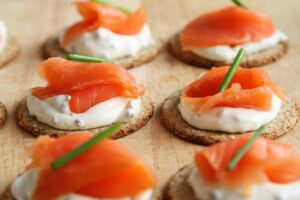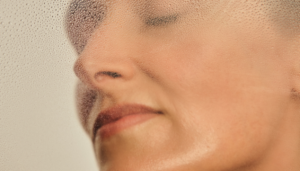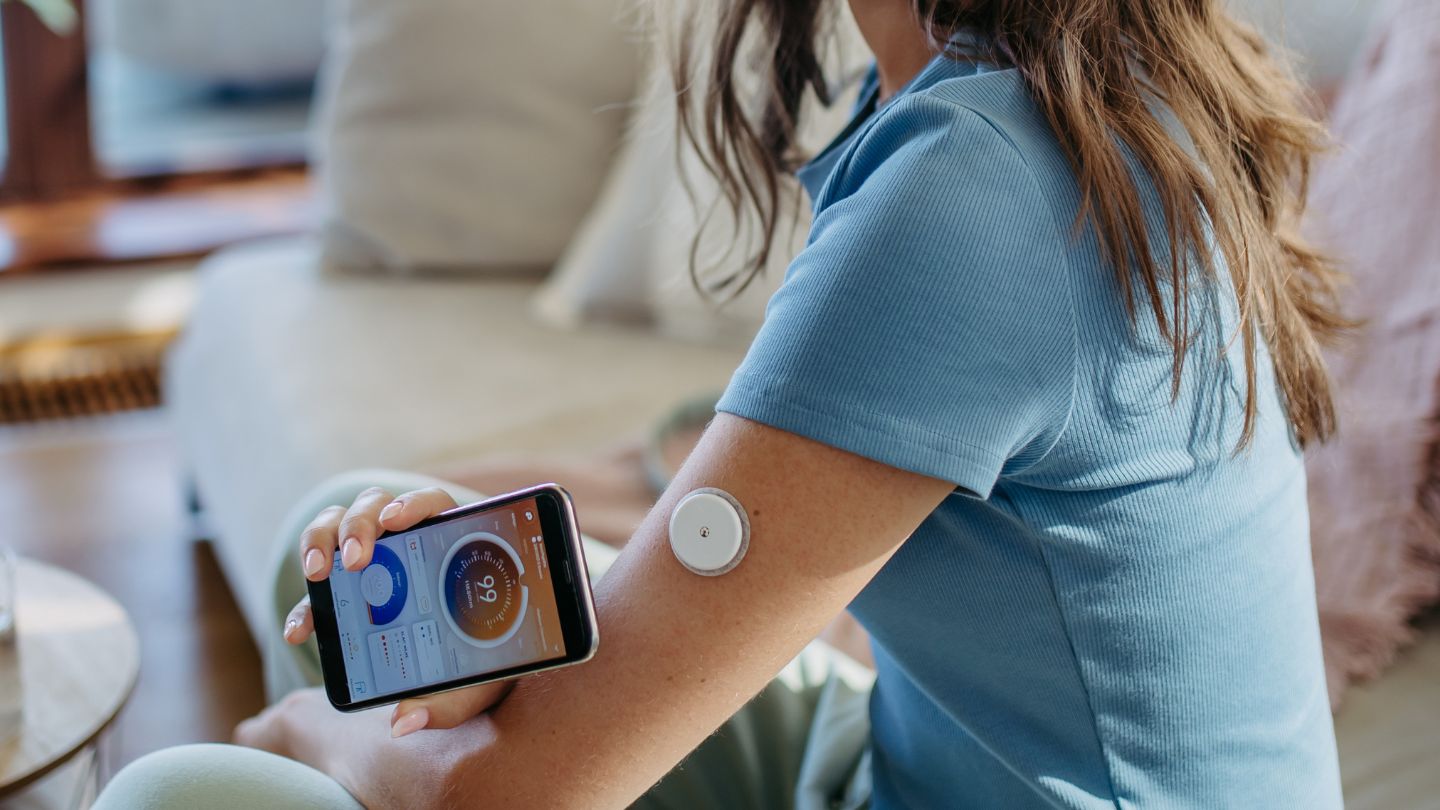A preferred way of thinking about epigenetics is to think of the genome as the musical score, whilst the epigenome as a musician’s annotation and interpretation.
As genius physicist Feynman said in 1959: ‘‘There is plenty of room at the bottom’’. The same applies to our biology. Genes are not the only authors of inheritance. As ghostwriters, epigenetics lurk, and silently exert their power too.
In this article
Free guide to reverse your biological age

- Master the science of rejuvenation.
- Apply proven tips to turn back the clock.
- Transform your health with top longevity specialists.
What is epigenetics?

Epigenetics is the study of biochemical phenomena beyond the gene and genome.
Turns out, our genes don’t really determine our lives or fate – instead, we determine the fate of our genes by the way we live. Epigenetics modify DNA and control genes, influencing the chaos of nucleic and amino acids in our cells [1].
This highlights the importance of the relationship between biology and society, and genetics and politics.
Rather than blaming everything on our genes, we should start focusing on the power of our environment, and thus, politicians, for they are the social engineers who are structuring and shaping the environment for everyone.
Example of epigenetics
Epigenetics is the reason why:
- Identical twins, with almost similar genome sequences, are different from each other.
- All your cells have the same genes, but look and act differently.
- Your biological age can be different from your chronological age.
- Chain smokers can manage to have healthy lungs again if they give up on smoking for at least a specific amount of time.
- Scientists can reverse any somatic cell into a pluripotent cell (cells which can differentiate into any cell that forms a human being – ectoderm, endoderm and mesoderm); crucial for cell therapy.
Why should we address epigenetics?
There has been talks on how we are who we are because of our environment –yet, not much has been said on how our genes have literally been modified because of the environments that our ancestors lived in.
Changing our environment to improve people’s lives is a must –an ability we’ve always had, but that we should now, more than ever, push through, especially when we have the ability to do so ”scientifically” by fine-tuning various biochemical mechanisms.
Epigenetic processes respond to various stimuli that induce epigenetic alterations. These include:
- nutrition
- pathogens
- maternal and paternal behaviour
- stress
- environmental stressors
- chemicals
- pollutants
They drive biological functions and features as diverse as memory, development, and disease susceptibility; thus, nature-nurture links contribute significantly to the development of our bodies and behaviours.
Epigenetic markers
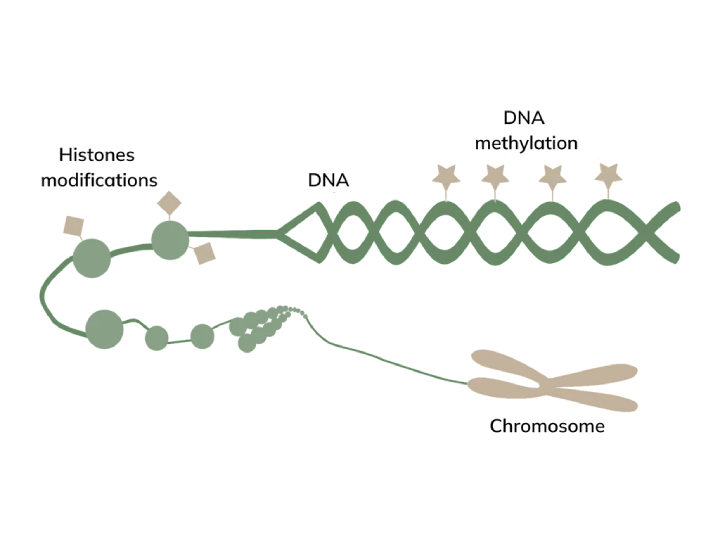
1. DNA methylation
DNA methylation is the addition of a methyl group (-CH3) on top of specific regions of the DNA sequence. When this occurs, it severely represses the expression of the sequence of the gene close to it.
DNA methylation is crucial for healthy development. Whilst it is eliminated during zygote formation, it gets re-established in the embryo, usually around implantation time.
DNA methylation is important in genomic imprinting (silencing of genes) as well as X-chromosome inactivation (to ensure that females, like males, have one functional copy of the X chromosome in each body cell). When dysregulated, DNA methylation can lead to serious diseases like cancer.
2. Histone modification
Histone modifications include several chemical changes that occur on top of histone proteins –proteins which provide structural support for chromosomes. Each chromosome contains a long stretch of DNA, which must fit into the cell’s nucleus. DNA is thus wrapped around histone proteins, which give chromosomes a compact shape.
The more packed a gene region, the more difficult to express and define a phenotype. The most common histone modifications are acetylation and methylation.
These changes will not only alter the structure of the chromosome, but also determine which proteins will be recruited to that part of the DNA in order to turn the genes on and off, as well as proteins needed to repair any damaged regions of the genetic sequence.
Histone modifications are thus crucial for proper gene expression, and to avoid cells with abnormal genomic information which result in multiple diseases.
What can we learn from our epigenetics?
Did you know that you actually have two ages? You probably know the one that equals the number of times you’ve circled around the sun, or you know, the number of candles you (wish to) blow every year. That’s your chronological age, the number of years you’ve been alive.
You also happen to have a biological age. Take note as this one might leave you wanting to step up your current lifestyle. More like your physiological age, your biological age refers to how old your cells appear to be.
Though primarily influenced by genetics, your biological age also takes several lifestyle factors into consideration, including your diet, how often you exercise, your sleeping patterns, stress, toxins, to name a few.

Personal health care is needed because each one of us is different.
Why is it important to consider your biological age?
For instance, if you’re in your early 30s, do not exercise, constantly consume high-fat and processed foods, and have smoked several packs of cigarettes a day for the past 10 years, it’s more likely that your biological age is greater than your current chronological age. Sounds depressing, but it’s never too late to change your life for the better. Because, whilst being heritable, epigenetics are flexible and reversible.

Whilst chronological age increases at the same rate for everyone, biological age does not.
Learn how your body is doing on the inside
We partnered with Muhdo, a leading epigenetics-based company, to offer our DNA and Bioage test –a simple at-home saliva sample test giving you access to the most conclusive DNA health profile available.
Getting insights into your genes and epigenetics is key to knowing which lifestyle interventions will be the most impactful to your personal long-term health. With the right lifestyle and dietary supplement routine, you can prevent several age-related diseases.
It also provides your biological age, so you can take control of your genetic health. We trust that their world-renowned team of geneticists, sport scientists and nutritionists, guarantee you the most accurate and useful results and advice.
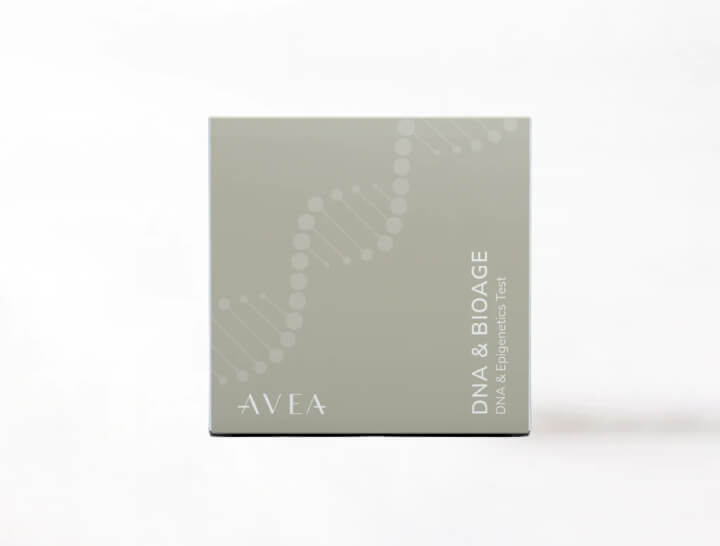
Health insights
Discover over 50 reports covering crucial health areas, such as your immune system, virus risk, gut health, mental health, sleeping patterns, and stress management. It also reveals any risk of vitamin deficiency and provides you with the benefits you’ll reap through specific supplementation.
DNA-matched work out plan
The algorithms will generate a workout plan tailored to your DNA. The key to sustainable health gains is personalisation, which is why your workout planner is customised to suit your needs. You will find your workout schedule at all times in the Muhdo mobile app. Change your health objective as you wish, and the dynamic plan will be updated accordingly.
Diet and nutrition
Optimise your diet according to your unique responses to protein, fats, carbohydrates. Your overall health can be significantly enhanced when you understand your risks for deficiencies in vitamins like, Vitamin A, B6, B9, B12, and D as well as minerals such as magnesium and selenium.
References




